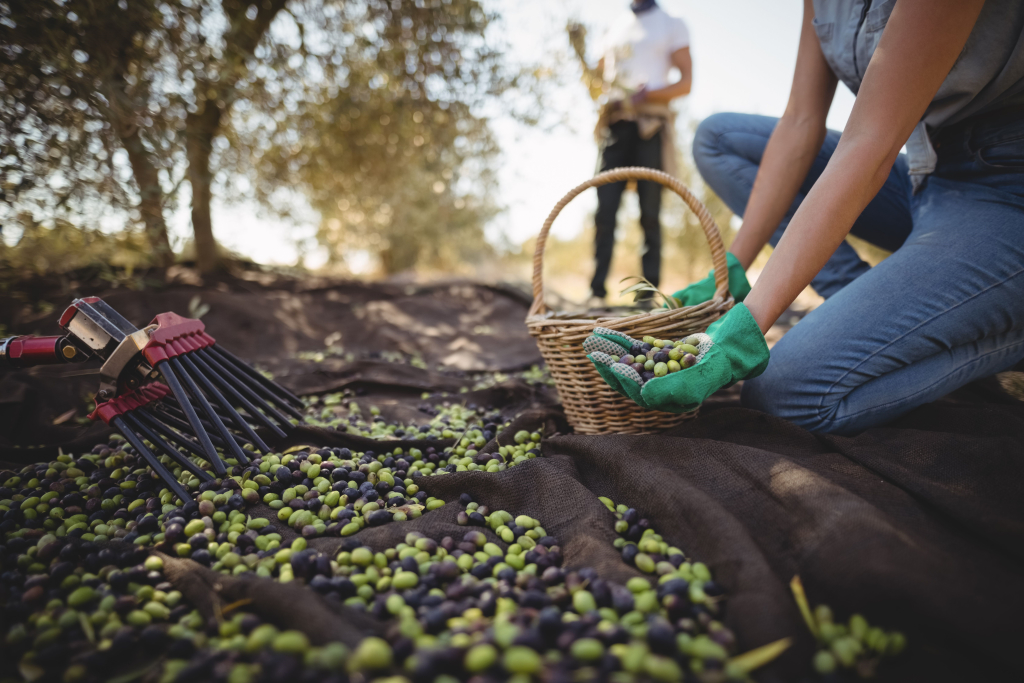Dimitri has an olive grove of excellent terroir. He and his family maintain the strictest standards from tree to the mill to guarantee top quality olive oil. Dimitri’s neighbour, Alec, pays no attention to the intricacies of making premium olive oil, of course, because it involves effort and money. Dimitri cares about the olives’ quality; Alec just wants to produce as many olives as possible.
If both Dimitri and Alec take their olives to the local cooperative, they will be paid the same for their fruit. In this case, Alec has a better payday — he produced more olives than Dimitri. What about the olive oil? Both Dimitri’s premium olives and the poor-quality fruit from Alec’s grove end in the same vat. Who’s going to buy this dubious olive oil? An international corporation, of course — that’s the olive oil you’ll find in the supermarket aisles.
In the scenario above, Alec, the cooperative and the international corporations had a good day, but Dimitri’s work was in vain. The biggest loser, though, is the consumer.
The only thing Dimitri can do is sell his oil to the consumers himself!
The demand for cheap oil squeezes the profits down for small, quality-minded producers. The only thing producers can do is stop selling their oil to the cooperative and sell it themselves. After all, their product is of higher quality than anything you’ll find in the market. Of course, it’s not easy to compete against the big players dominating the oil trade.
How can the consumers help the small olive oil producers? By buying olive oil straight from the farmers or retailers who have direct contact with farmers, consumers get a much better product, which means a tastier and healthier oil and the farmers get a better share of the sale. Luckily, a few farmers have found the opportunity to sell such a rich oil in retail companies, quality-minded stores and on-line, so finding proper olive oil is not that hard.
Adding extra virgin olive oil to your diet is a great idea. But only by sourcing it straight from the farmers will you be helping the small producers and yourself. High-quality, ethically sourced olive oil is of top quality, and it’s easy to find if you know where to look. You might want to think twice before purchasing your next bottle of olive oil!

